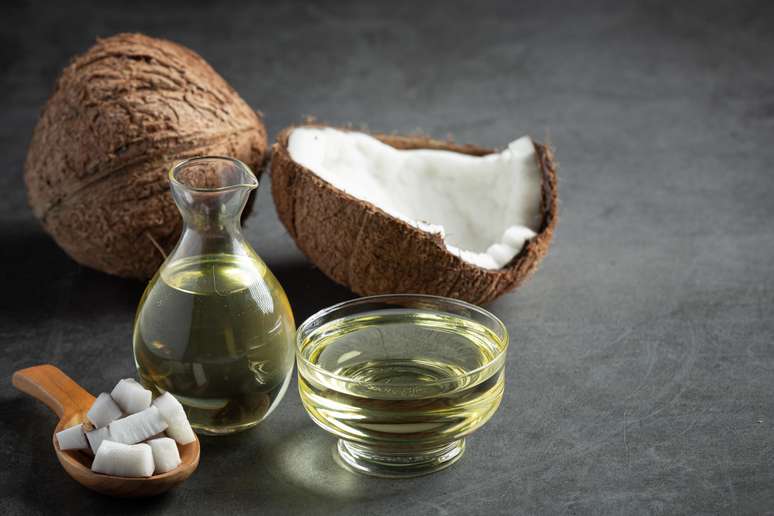Essential oils have many superpowers and it is important to know how to use them correctly or you risk harming yourself and your family.
What are essential oils?
Let’s start with the hardware: Essential oils are strong-smelling and -tasting liquids that form in plants. Unlike “real” fats, most essential oils are made up of light fractions and are super volatile: they evaporate so quickly that they don’t even leave a trace on paper.
Essential oils are used in medicines, cosmetics, beverages, and even in livestock feed as an alternative to antibiotics. And of course, you can always find ways to benefit from essential oils at home, such as adding them to your beauty routine or adding them to your cleaning collection.
This is where things get tricky: essential oils are indeed very powerful. Therefore, it is important to know what you can and cannot do with them, and today we will look at the list of taboos. So here is what to avoid.
Do not use undiluted essential oils.
Essential oils are, by definition, ultra-concentrated. This means that for any purpose, you need a very small amount of product, so be sure to dilute it, no matter what you’re doing – a hair mask or a general-purpose spray to eliminate citrus scents.
ADVERTISEMENT – CONTINUED BELOW
Do not apply undiluted oils to your skin.
This prohibition is part of the previous one, but it is very important, that is why we decided to make it a separate paragraph. If you neglect this rule, you may encounter serious problems, for example, a chemical burn.
“Always dilute essential oils, but never use water—they won’t dissolve in it. You need a 1 to 2 percent solution by adding one drop of essential oil to one teaspoon of a carrier oil, such as peach, coconut, shea, jojoba, or grapeseed,” says Caleb Back, a trainer and health and wellness expert.
Don’t confuse synthetic and natural essential oils
Natural essential oils are produced by pressing, steam distilling, or macerating plants, while synthetic oils are created in a lab. The latter, Beck explains, are essentially just one flavor—you won’t get any other benefits from them. So if you’re going to make a hand cream or air freshener, look for a natural product.
Do not apply certain essential oils to your skin
According to esthetician Melissa Piccoli Phillips, citrus oils are some of the worst when it comes to using on your skin. “They dramatically increase your skin’s photosensitivity—your skin becomes very vulnerable to the effects of the sun’s ultraviolet rays. This can lead to burns and hyperpigmentation, and in the long run, even cancer,” Melissa says.
She also advises to be careful with tea tree oil, which is often touted as an excellent remedy for acne. “Everyone ignores the fact that it is very strong. Yes, you will get rid of breakouts, but at the same time, tea tree oil can deeply harm the skin biome, destroying not only harmful but also beneficial bacteria,” the cosmetologist explains.
Do not mask odors that need to be eliminated
Essential oils are powerful fragrances that help combat unpleasant odors in the home. But there is one very important nuance: it is one thing when the source of the stench is a trash can, another when it comes from a drain in a sink or bathroom.
“If you notice problems with your drain or refrigerator and they don’t go away even after using a drain cleaner or cleaning all the shelves, call a professional. Don’t hide something that needs to be fixed,” says plumber Doyle James.
Read also: For the soul and body: top 10 best essential oils
Don’t let the smell fool you
A few drops of lemon essential oil added to the dishwasher or fabric softener compartment can leave your appliances looking squeaky clean. But don’t let the fresh smell fool you: Doyle reminds us to run a special cleaning cycle on your washing machine or dishwasher every three to six months with products designed for that purpose.
Do not store spoiled or expired essential oils





-ubrgialfr7sh.jpg)



